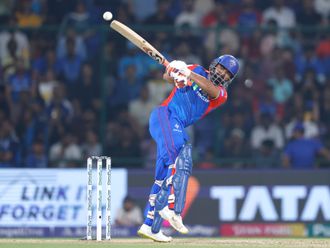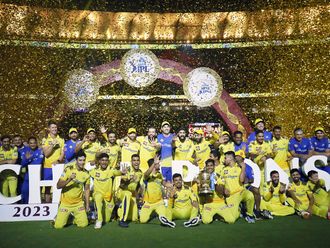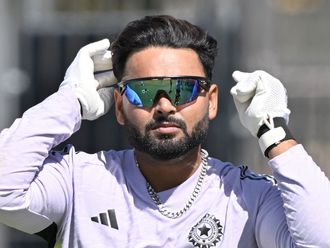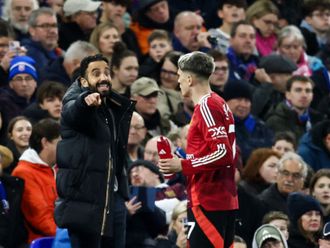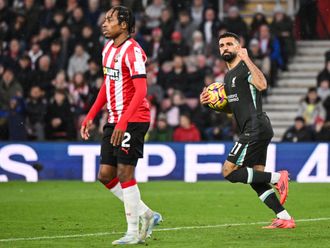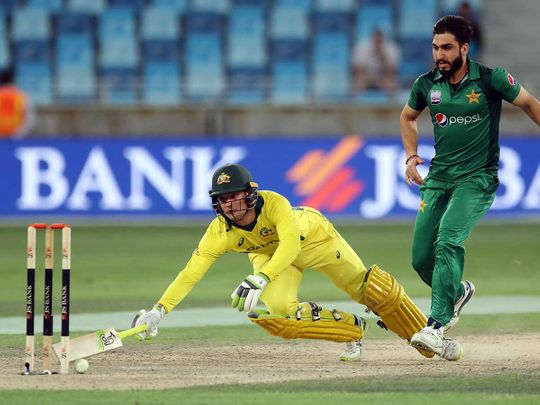
Dubai: Strange as it may seem, the game of cricket revolves around a little 20-metre strip of carefully maintained ground in the middle of the field, on which the match is played.
The boundaries are approximately 70 metres away but to hit a ball that far, or even over it, is not as easy as it seems. Why? Because that little strip often poses a multitude of problems to both batsman and bowler alike.
There is no perfect pitch, a pitch that can suit the batsman and the bowler at the same time, as history has shown us.
This is why expert analysts have been carefully studying the three pitches on which this year’s Indian Premier League (IPL) will be played on in the UAE, at the Dubai International Cricket Stadium, Sheikh Zayed Cricket Stadium in Abu Dhabi and Sharjah Cricket Stadium.
While all three have their own unique identities, the commonality is that they are all desert pitches, which experience the same intensity of the summer months before the mercury gradually dips during the last quarter of the year.
One person who believes that the UAE pitches will help his teams is Delhi Capitals head coach Ricky Ponting.
The former Australian star expects the pitches to offer a bit of extra bounce in the first half of the two-month long tournament although they will play on the slower side.
Pointing believes that the Capitals’ bowlers, both the pacers and spinners, will be suited by these conditions.
After Ishant Sharma, Kagiso Rabada, Anrich Nortje and Daniel Sams are done with the new ball they can call up Ashwin, leg-spinners Amit Mishra and Sandeep Lamichhane, and left-arm spinner Axar Patel.
“We saw how damaging Rabada was last year at the Kotla and that was a slow, low pitch,” Ponting told Indian Express recently.
“I think these wickets will probably be on the slower side but will offer a little more bounce. That actually suits guys like Rabada, Nortje, Ishant Sharma, Avesh Khan, Daniel Sams.
“And as the tournament goes on, the wickets will probably change. They might spin a bit more in the back half and we have got a very well-balanced and very experienced spin-bowling group as well, with Ashwin, Mishra, Axar Patel and Lamichhane. We think we have come up with a really well-balanced squad.
“We have almost had three weeks of practice so far. We have moved around the venues as well. We have trained in Sharjah. We have trained in Dubai, (but) we don’t really know exactly what the wickets are going to be like.”
Going by previous matches played in the UAE most cricket gurus as unanimous in the belief that the team batting first will have at better chance of winning because as the match wears on it the wickets tend to turn more and while the seamers will have to work really hard the spinners could be more effective.
Here are the facts and figures of the three stadiums on which the IPL will be played:
Dubai International Cricket Stadium
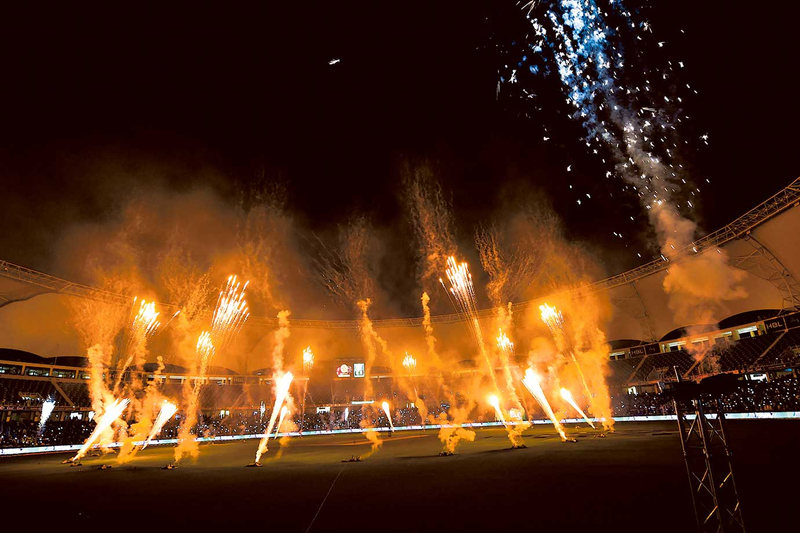
Established: 2009
Capacity: 25,000
Floodlights: Yes
Ends: Emirates Road End, Dubai Sports City End
T20I Statistics
Total Matches Played: 62
Batting First Won: 34
Batting Second Won: 27
Highest Score: Sri Lanka 211/3
Notable comment: Ex-Australia coach Darren Lehmann - “This is a very good cricket wicket and we didn’t adapt well enough and didn’t play well enough. When you are talking about learning how to play in these conditions we got beaten on the other side — with less spin.”
Sheikh Zayed Stadium, Abu Dhabi
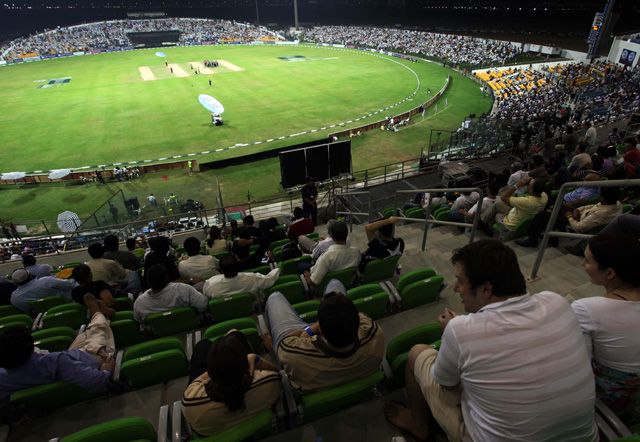
Established 2004
Capacity 20,000
Floodlights Yes
Ends: North End, Pavilion End
T20I Statistics
Total Matches Played: 44
Batting First Won: 20
Batting Second Won: 24
Highest Score: Ireland 225/7
Notable quote: England’s Alastair Cook - ”On a really flat wicket, we had to hang in there. The wicket did start deteriorating at the end.”
Sharjah Cricket Stadium
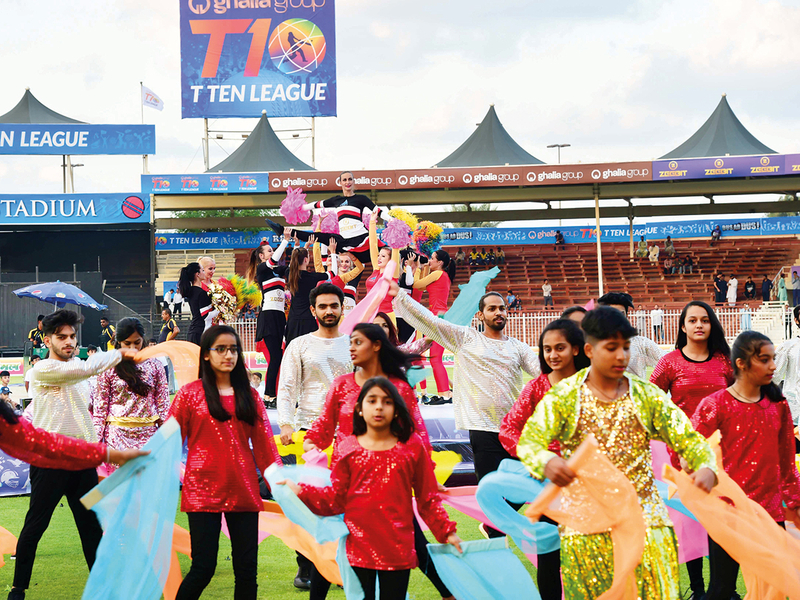
Established: 1982
Capacity: 27,000
Floodlights: Yes
Ends: Pavilion End, Sharjah Club End
T20I Statistics
Total Matches Played: 14
Batting First Won: 9
Batting Second Won: 4
Highest Score: Afghanistan 215/6
Notable quote: England fast bowler James Anderson - “In these conditions you’ve got to try and get something out of it as a seamer, you try all sorts of things. You need people to go after you on these wickets to get the chances, so that is why we’ve set certain fields and try to be aggressive with our plans.”


